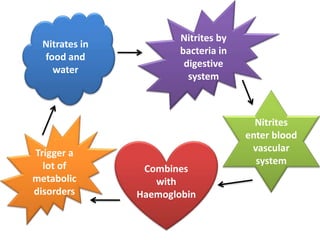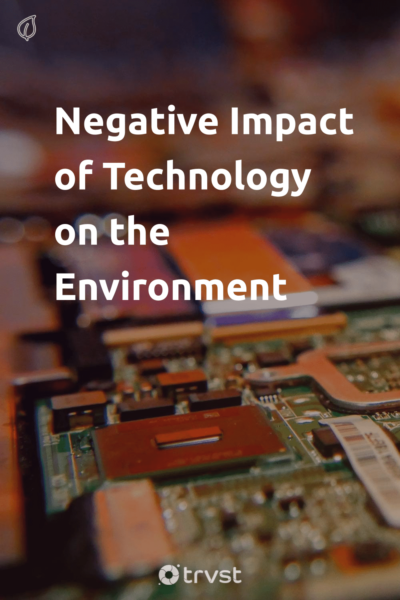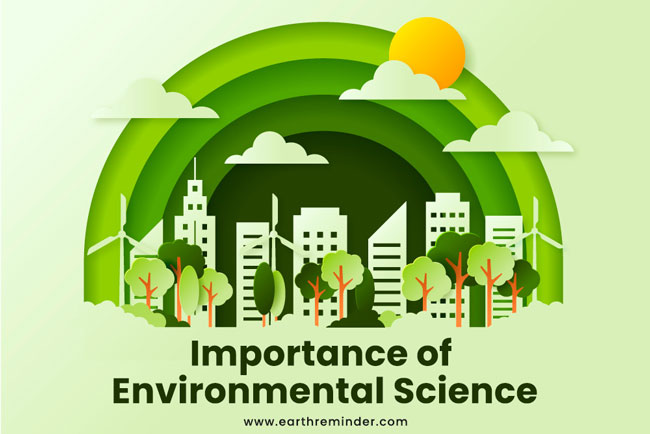Science and technology have had a major impact on the environment over the past few centuries. While these advancements have brought many benefits to society, they have also contributed to a range of negative environmental impacts. In this essay, we will explore the various ways in which science and technology have affected the environment, both positively and negatively.
One of the most significant ways in which science and technology have impacted the environment is through the development of new energy sources. With the increasing demand for energy, scientists and engineers have worked to develop new sources of energy that are cleaner and more efficient than traditional fossil fuels. For example, the use of renewable energy sources such as solar, wind, and hydroelectric power has helped to reduce our reliance on fossil fuels, which are a major contributor to air pollution and climate change.
However, the development of new energy sources also has its drawbacks. For instance, the construction of large hydroelectric dams can disrupt natural habitats and alter the flow of rivers, while the extraction of unconventional fossil fuels such as oil sands and shale gas can have negative impacts on local ecosystems.
Science and technology have also had a major impact on transportation, with the development of automobiles, trains, and airplanes. These modes of transportation have made it easier for people to travel long distances and have facilitated the growth of global trade. However, the increasing number of vehicles on the road has contributed to air pollution, as well as greenhouse gas emissions and climate change.
Agriculture has also been affected by science and technology, with the development of new techniques and technologies that have helped to increase crop yields and feed a growing population. However, the intensive use of pesticides and fertilizers, as well as the widespread adoption of monoculture farming practices, has had negative impacts on the environment. For example, the overuse of pesticides can harm wildlife and contaminate water sources, while the use of synthetic fertilizers can lead to soil degradation and eutrophication of waterways.
In addition to these impacts, science and technology have also had a major effect on the way we manage and dispose of waste. The development of new waste management technologies has helped to reduce the amount of waste that ends up in landfills, but it has also led to the creation of new types of waste, such as electronic waste and plastic waste. The improper disposal of these materials can have serious environmental consequences, as they can release harmful chemicals into the air and water, and contribute to the pollution of natural habitats.
In conclusion, science and technology have had a complex and multifaceted impact on the environment. While they have brought many benefits, they have also contributed to a range of negative environmental impacts. To address these issues, it is important for scientists and policymakers to carefully consider the potential environmental consequences of new technologies and to work towards the development of more sustainable solutions.






